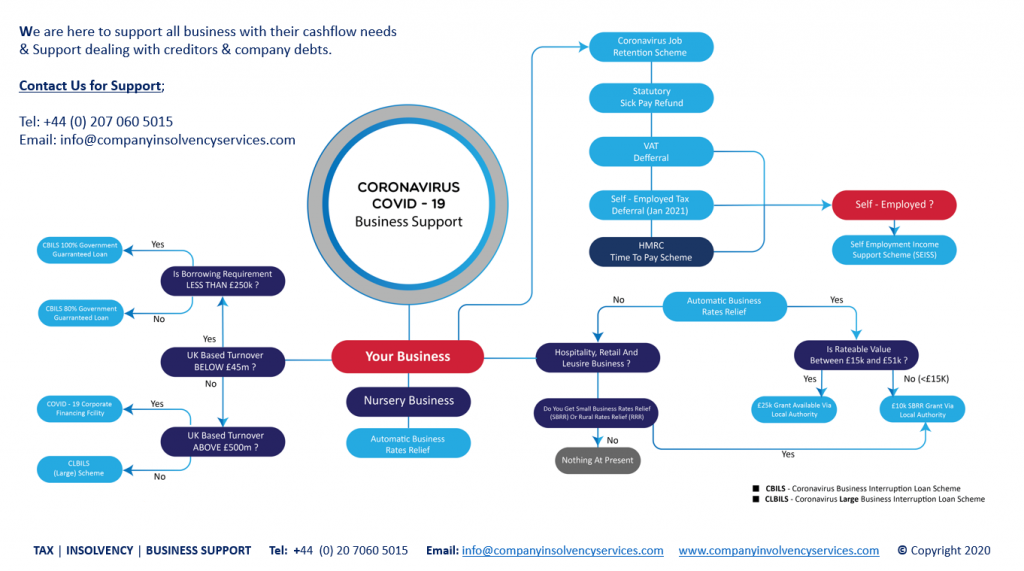A high court writ is a court order served on a person to perform a certain action or pay damages. It can be issued for breach of contract, tortious claims and unpaid taxes.
It is issued by the High Court in England and Wales. In Scotland it is known as an “Interdict” and in Northern Ireland it is referred to as an “Injunction”.
Issuing a Writ does not itself take you from being owed the money or otherwise being aggrieved, there must have been some sort of wrong-doing before the writ can be issued. This article will concentrate on breach of contract/tortious claims rather than tax.
Writs are used for a variety of reasons but most commonly they are used against traders whom have failed to pay monies owed. They may also be used against non-payers of court ordered damages, for example personal injury cases. Additionally, where a company is dissolved with outstanding debts to creditors, the creditors can use a high court writ to have the assets of the debtor frozen until the creditor’s claims are paid.
There are several different types of Writ available through some specialist firms it is possible to cause an asset freeze without even having to issue proceedings in court. The most common type of Writ used for this purpose is known as a “Norwich Pharmacal” order after the case that established that they could be used in these circumstances. Some companies offer them free of charge but usually they will require you to pay half if they result in monies being paid or goods delivered
The Court has specific rules regarding how and when Writs should be issued and there are time scales involved, for this reason it is important to seek professional advice. The Courts will also expect you to act reasonably and may refuse your application if they feel that the Writ has been issued unreasonably.
The first step should be to apply for a “Freezing Injunction” as there is no fee involved and the time scale involved is shorter than an ordinary high court Writ, however even if a Freezing Injunction is refused by the Court then taking further action through a high court Writ should not take too long.
Most Writs are enforced through bailiffs; however some specialist firms offer to accompany the bailiff in case there is resistance. This can be expensive but it means that your goods can be collected quicker and without any damage or storage fees involved in hiring a warehouse to hold them until they are sold. Many find this option useful when dealing with larger amounts of stock or motor vehicles.
If you receive a High Court Writ for either monies owed or damages then you should take all possible action to avoid its enforcement, if not then it may result in loss of goods or home. It is important that you seek professional advice before taking any action at all.
The options are normally as follows:
1) Pay the full amount in accordance with the writ, this will normally result in a release from your company’s bank account but it is not guaranteed that one would then receive payment from the other party to cover costs or if they still refuse to pay then you can consider taking further action at a later date. This may mean applying for another High Court Writ which carries additional fees and possible extra time before action can take place.
2) Negotiate settlement with the other side – do NOT make any admissions without the advice of legal advisors You should always consider whether there is a genuine dispute as to the full amount being claimed. If there is, you should consider whether it can be defended and what position you would take if it was your case going to court. The costs of defending a claim are likely to be far less than the amount being claimed so long as they stay within budget. We often advise clients that even if they have an arguable case, it’s still better to pay part of the claim now rather than incur substantial legal fees in contesting matters further. In addition, as litigation will inevitably take time, the longer you defend the action then more chance that interest or default judgment may be ordered against you which could lead to additional expense before damages are finally calculated at trial (if necessary).
3) Agree to pay part of the amount claimed and negotiate rates of interest. This may also result in the claimant making an application for further payment should it be found that you are unable to pay all outstanding sums (which is not uncommon) or if they are unhappy with the terms offered.
It is important to remember that before issuing a writ, fees must be paid which consist of lodgment fee at court set by the Lord Chancellor, Outline Application Fee £35.00 [if filed at County Court], Judgment Summons Fee £40 [if served via High Court Enforcement Officer] and Witness Fee £15.00 [for service]. In addition any future costs after judgment will need to be paid when due such as specialist court fees and enforcement agent fees.
It is advisable to seek legal advice before making a decision as to how you respond. And if possible, try and negotiate the matter so that no further action needs to be taken.
Need further help?
If you are unsure how this process works, or if you have any concerns about what your company’s future is likely to be, don’t hesitate to get in touch with the team today on +44 (0) 20 7060 5015 or email us @info@companyinsolvencyservices.com




